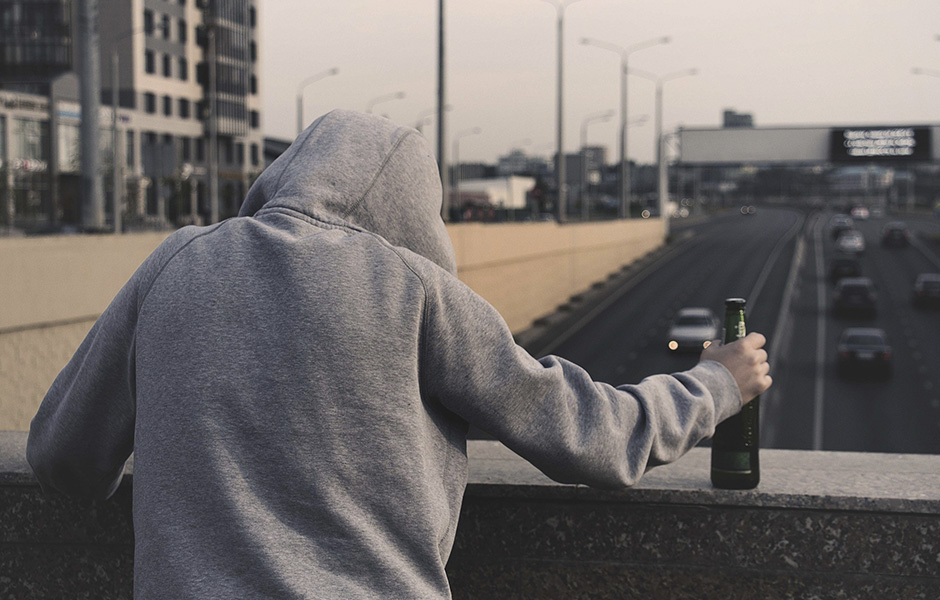About 85% of young people in Portugal have already drunk alcohol, 58% have smoked and 17% have used drugs at least once. The data are from a study coordinated by the researcher Paulo Santos of CINTESIS – Center for Health Technology and Services Research, and now published in the Journal of International Medical Research.
“We found a high prevalence of consumption of addictive substances, particularly alcohol, among young people and teenagers, and there is clearly a cultural attitude that influences this consumption and that should be addressed,” says the researcher and family doctor.
According to this study, about 15% of young people drink alcohol more than once a week, 17% are regular smokers and more than 10% admit to using illegal substances weekly. The cannabinoids occupy the first place, following drugs bought in the “smartshops”, which were eventually considered illegal.
Based on a sample of 746 Portuguese young people between 14 and 24 years of ager, residing in the north of the country, the researchers also evaluated the age at which young people first had contact with this type of substance. The conclusion was that young people were on average just 14 years old when they drank alcohol and smoked for the first time. Drug initiation takes place, on average, a little later, at 16 years of age.
Drug use appears in this study to be associated with previous consumption of alcohol and tobacco, “reinforcing the idea that the consumption of legal substances may lead to the consumption of illegal substances.” There appears to be a “progression in drug use,” that is, a “ladder of addition” in which “the use of a drug is associated with an increased risk of consuming other drugs throughout life.”
Although the use of alcohol and tobacco is similar among young people who attend and those who do not go to school, it is also true that the use of illicit substances is less common among those who continue studying. In Portugal, compulsory education requires 12 years of schooling. On the other hand, unemployment is associated with higher drug consumption among younger people.
In an analysis of perceived health status, the researchers observed that psychological symptoms are more frequent among young smokers and those who consume drugs. These symptoms, which affect 55% of young people, especially females, include sadness, sleep problems, anxiety, anger and fear at least once a week. It remains to be seen whether these symptoms are the cause or consequence of consumption.
Another topic relates to the sources of information of young people on substance use. The main sources of those who are new to this matter are family members, as well as friends. Doctors do not appear as a choice. Although consultations are recommended at ages 10-13, at age 15 and at age 18, this study shows that “young people do not look at health professionals as partners,” which can be explained, for example, by the difficulty in understanding this type of consumption as a health problem or even as a risk behavior.
Taking into account the results of this study, the authors advise a “multigenerational approach” to address the “problem of substance use among young people”, with a greater focus on family education, in particular parents. “It is critical that parents acquire knowledge and skills that allow them to change cultural habits and positively influence the attitudes of the next generation. Health literacy is the key to effective change of habits,” said the authors.
Also, health professionals should “review their attempts to communicate with the young” and “realize that health promotion programs are cost effective in the short and long term,” while strategies to fight unemployment among the young can be effective in preventing and combating the consumption of illicit substances.
This study, coordinated by Paulo Santos, is also authored by Carlos Franclim Silva, researcher at CINTESIS / Department of Community Medicine, Health Information and Decision (MEDCIDS), at the Faculty of Medicine, University of Porto; and Paula Rocha, University of Aveiro. Additionally, the study was supported by Paredes City Council.

